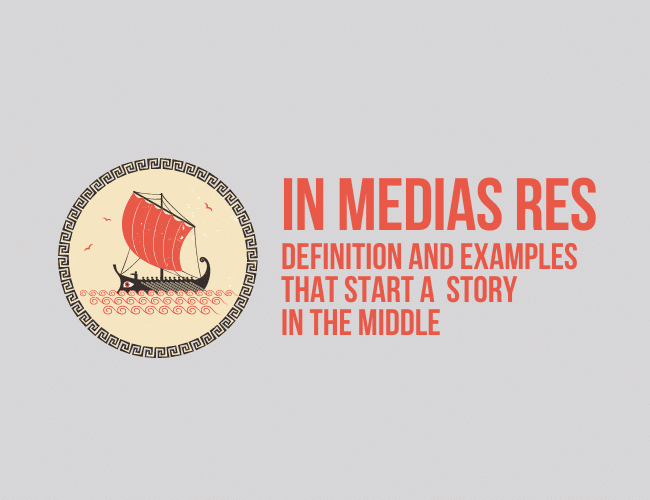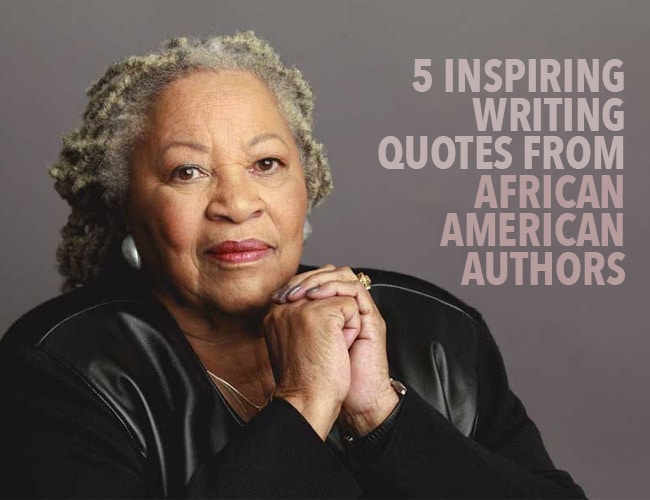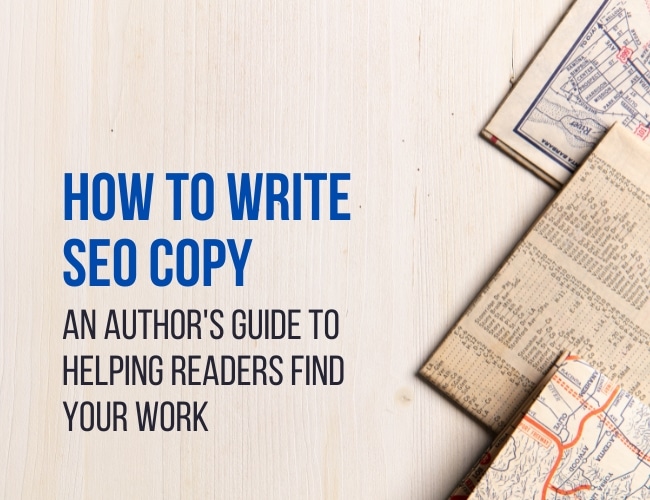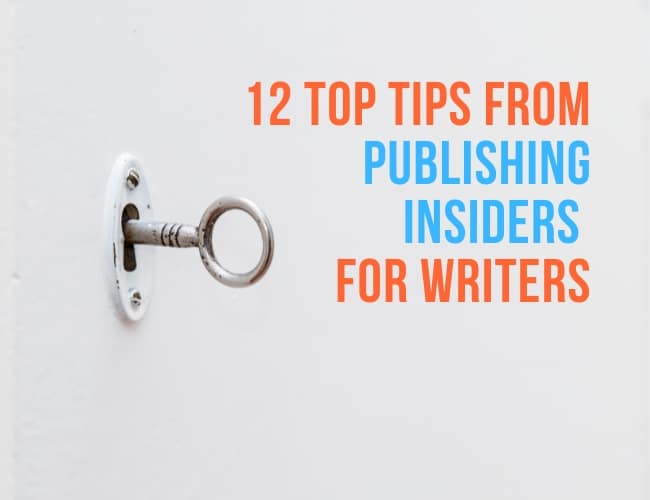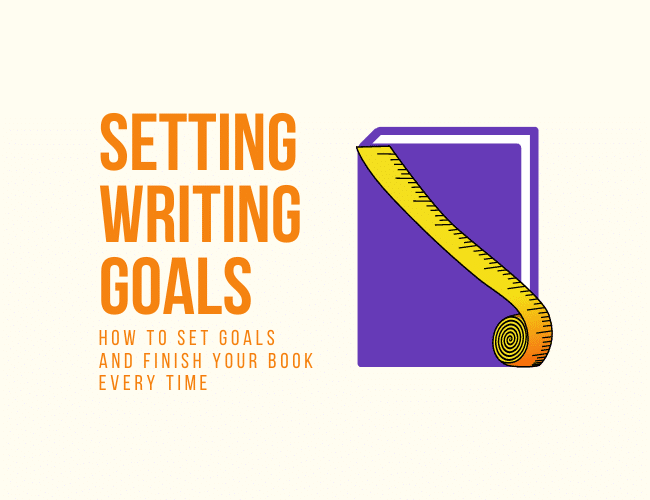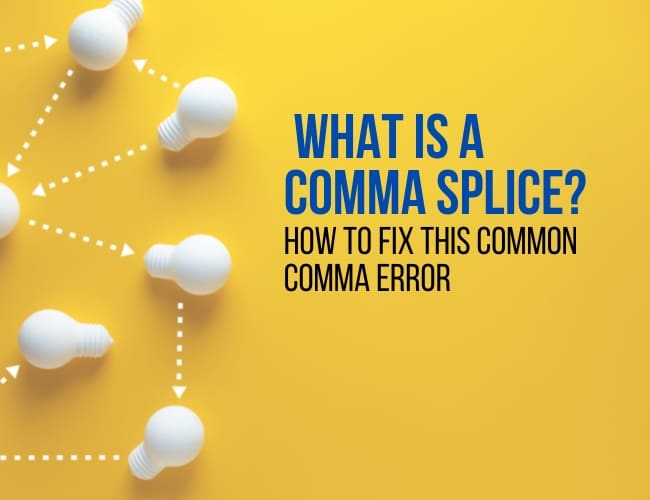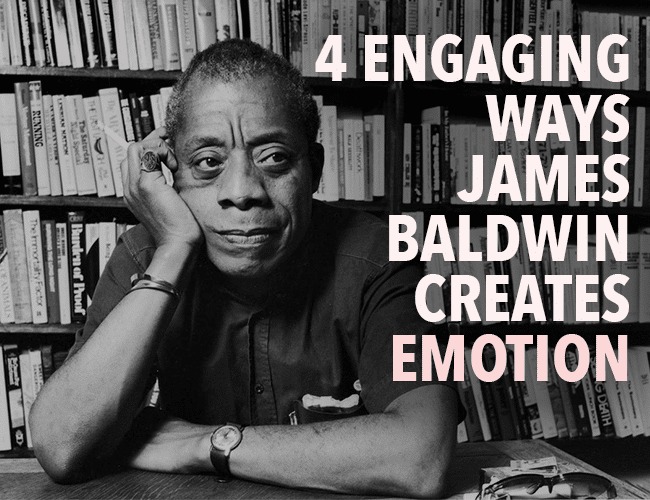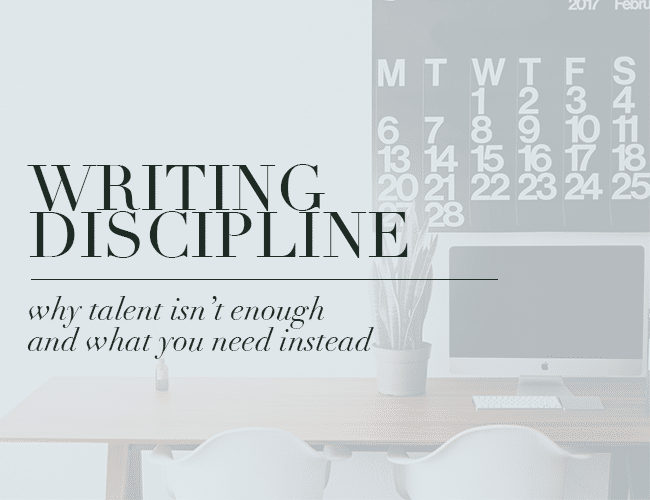Beginning writers often start stories with a ringing alarm clock, following the protagonist’s daily routine. But what if there’s a better place to begin the story? One that will hook your reader and keep them turning the page? Ancient storytellers understood the power of beginning in medias res. Let’s find out what it is and how you can use it for your story today.
